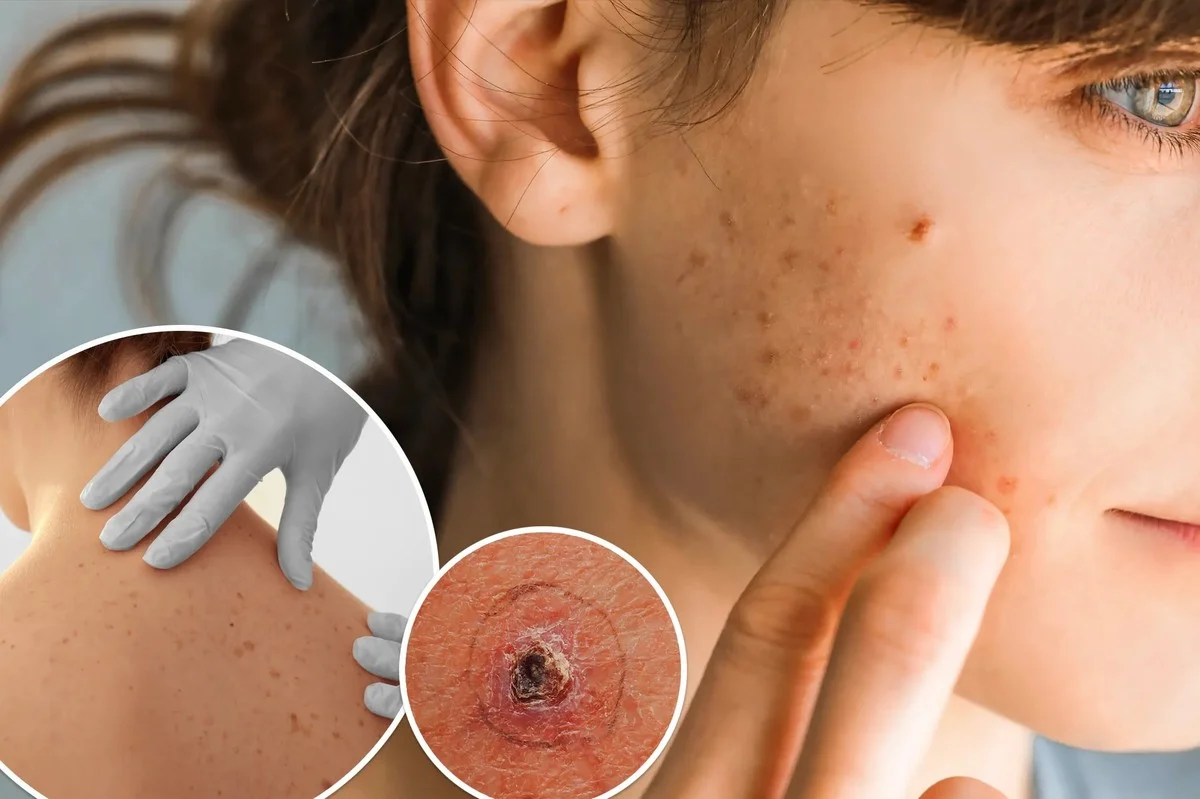26/01/2025
26/01/2025

LONDON, Jan 26: An acne breakout may be a sign of a rare type of cancer that disrupts hormone production in the body. Pituitary gland cancer affects approximately 100 people annually and occurs when a tumor forms on the pituitary gland, a small structure at the base of the brain responsible for controlling hormone production.
The condition can cause hormone imbalances, leading to a range of symptoms often associated with puberty, including acne outbreaks. A skin health expert recently took to social media to raise awareness about this condition and its various hormone-related symptoms.
Dr. Mehss, from Turkey, shared a video on TikTok that has since been viewed over 2 million times, warning of the skin symptoms associated with pituitary tumors. He explained that these tumors can cause skin issues such as thickened skin, hyperpigmentation, acne, hirsutism (excessive hair growth), and dry skin due to hormonal imbalances.
While pituitary tumors can be cancerous, most of them are benign. Approximately 10,000 cases of benign pituitary tumors are diagnosed annually. These non-cancerous tumors cannot spread to other parts of the body. However, if a tumor is cancerous, it can be life-threatening, with studies suggesting that around 60% of patients die within a decade of their diagnosis.
The connection between acne and pituitary gland tumors is related to the overproduction of cortisol, a hormone linked to stress. Excess cortisol can trigger the production of extra oil in the skin, resulting in acne. Depending on the type of hormones the tumor produces, it can also lead to other unusual symptoms, including spontaneous breast milk production in women who are not pregnant or nursing, excessive hair growth around the chin in women, and abnormally large hands and feet due to excess growth hormone.
While not all pituitary tumors produce hormones, even non-hormonal tumors can still cause issues. A growing tumor can press on nerves linked to the eyes, leading to vision problems or headaches.
In response to the video, some social media users shared their concerns, expressing that they exhibited many of the symptoms mentioned. However, it is worth noting that not all pituitary tumors cause noticeable problems and are often discovered incidentally during other medical procedures, such as scans.
Studies suggest that between a third and a quarter of people may have small pituitary tumors without ever knowing it. Cancer Research UK estimates that around 17% of brain tumors diagnosed in the UK develop in the pituitary gland.
Treatment for pituitary tumors generally involves surgery to remove as much of the tumor as possible, followed by radiotherapy to eliminate any remaining cells. In some cases, medications can be used to manage hormone production. Additionally, patients may need to take artificial hormones to replace those that are underproduced due to a malfunctioning pituitary gland, with ongoing monitoring to check for tumor recurrence.
The exact cause of pituitary gland tumors is not fully understood, but there is evidence suggesting that they may run in families.


